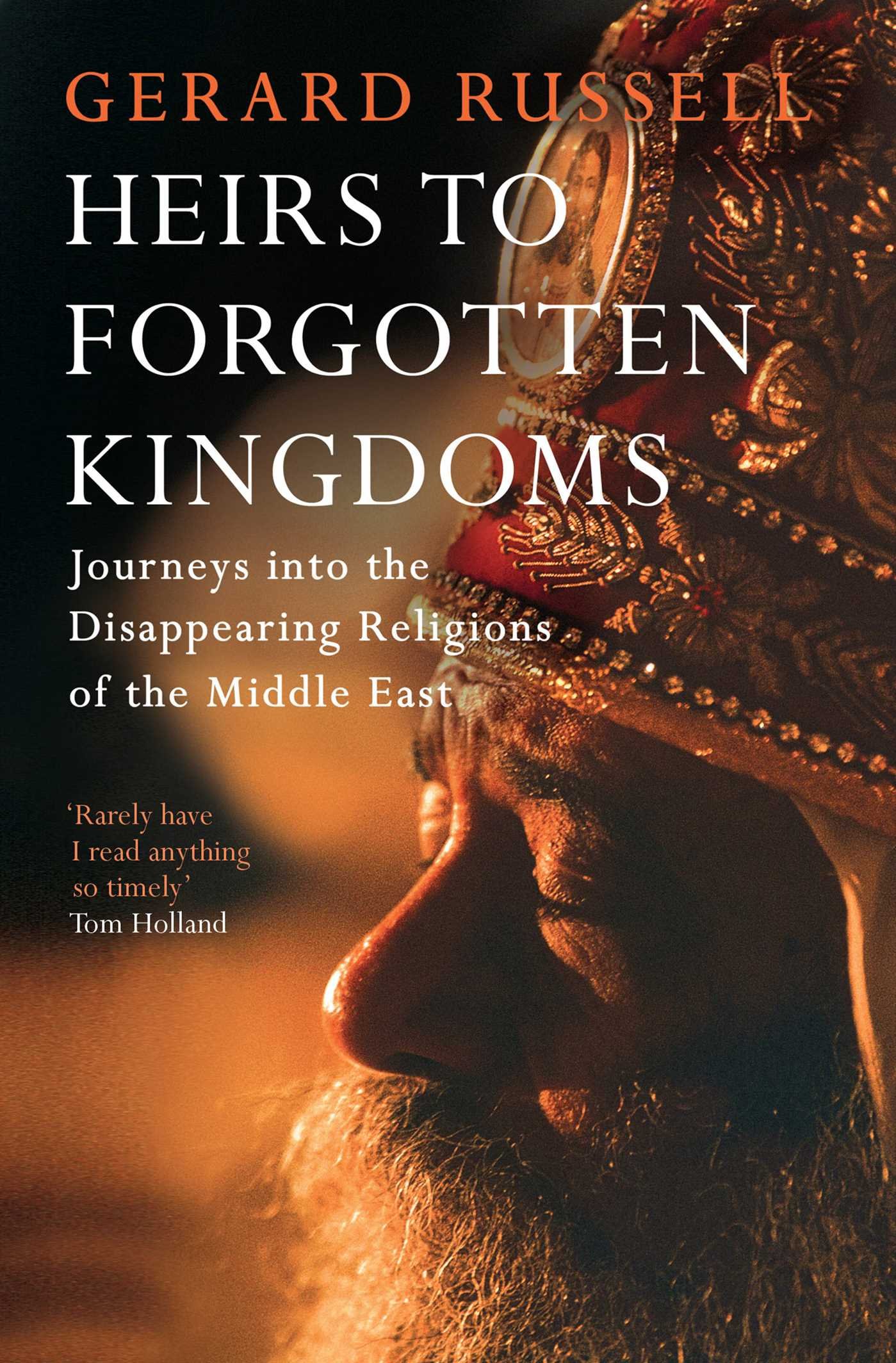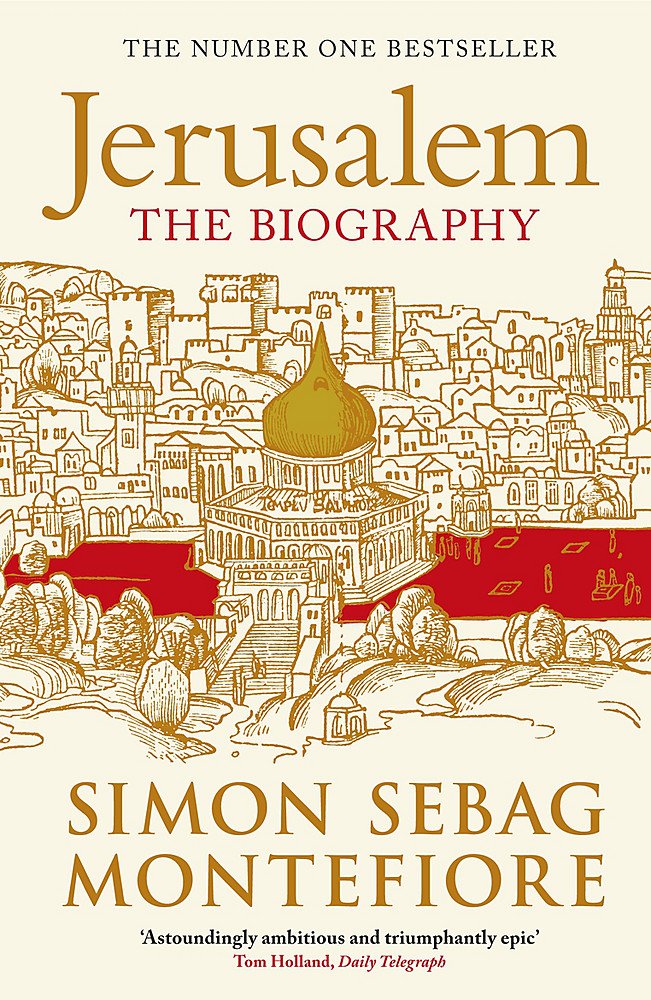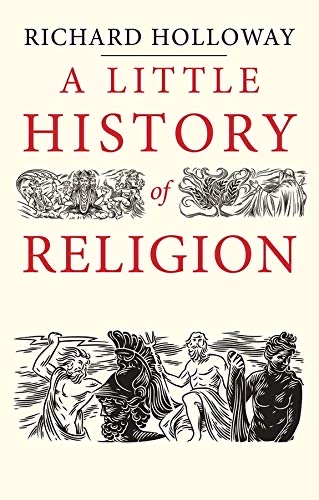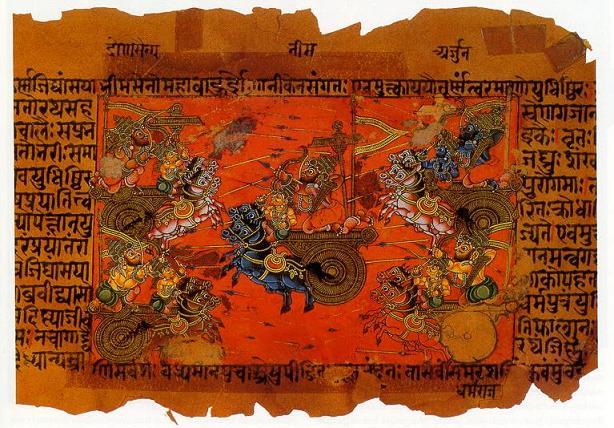January 16th
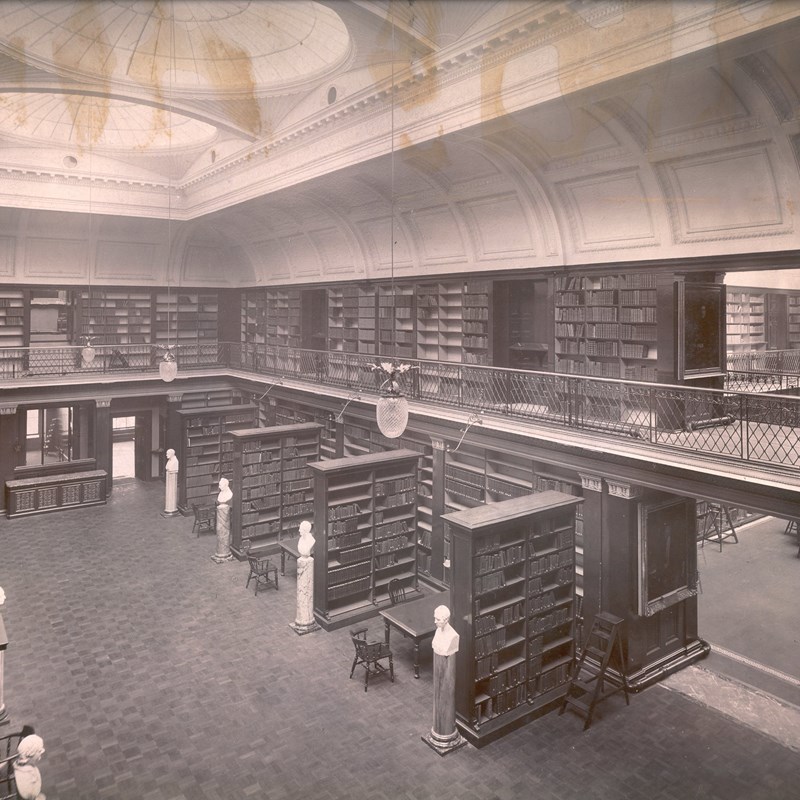
Heirs to Forgotten Kingdoms
Gerard Russell | Non-fiction
Despite its reputation for religious intolerance, the Middle East has long sheltered many distinctive and strange faiths: one regards the Greek prophets as incarnations of God, another reveres Lucifer in the form of a peacock, and yet another believes that their followers are reincarnated beings who have existed in various forms for thousands of years. These religions represent the last vestiges of the magnificent civilizations in ancient history: Persia, Babylon, Egypt in the time of the Pharaohs. Their followers have learned how to survive foreign attacks and the perils of assimilation. But today, with the Middle East in turmoil, they face greater challenges than ever before.
‘A highly topical study of Middle Eastern anomalies which is teaching me a lot, and should be read by all Western policy makers those who do read’
Jan Morris, New York Times
In Heirs to Forgotten Kingdoms, former diplomat Gerard Russell ventures to the distant, nearly impassable regions where these mysterious religions still cling to survival. He lives alongside the Mandaeans and Ezidis of Iraq, the Zoroastrians of Iran, the Copts of Egypt, and others. He learns their histories, participates in their rituals, and comes to understand the threats to their communities. Historically a tolerant faith, Islam has, since the early 20th century, witnessed the rise of militant, extremist sects. This development, along with the rippling effects of Western invasion, now pose existential threats to these minority faiths. And as more and more of their youth flee to the West in search of greater freedoms and job prospects, these religions face the dire possibility of extinction.
Drawing on his extensive travels and archival research, Russell provides an essential record of the past, present, and perilous future of these remarkable religions.
Jerusalem The Biography
Simon Sebag Montefiore | Non-fiction
erusalem is the universal city, the capital of two peoples, the shrine of three faiths; it is the prize of empires, the site of Judgement Day and the battlefield of today’s clash of civilizations. From King David to Barack Obama, from the birth of Judaism, Christianity and Islam to the Israel-Palestine conflict, this is the epic history of 3,000 years of faith, slaughter, fanaticism and coexistence.
How did this small, remote town become the Holy City, the ‘centre of the world’ and now the key to peace in the Middle East? In a gripping narrative, Simon Sebag Montefiore reveals this ever-changing city in its many incarnations, bringing every epoch and character blazingly to life. Jerusalem’s biography is told through the wars, love affairs and revelations of the men and women – kings, empresses, prophets, poets, saints, conquerors and whores – who created, destroyed, chronicled and believed in Jerusalem.
A fittingly vast and dazzling portrait of Jerusalem, utterly compelling from start to finish
Christopher Hart, The Sunday Times
Drawing on new archives, current scholarship, his own family papers and a lifetime’s study, Montefiore illuminates the essence of sanctity and mysticism, identity and empire in a unique chronicle of the city that many believe will be the setting for the Apocalypse. This is how Jerusalem became Jerusalem, and the only city that exists twice – in heaven and on earth.
A Little History of Religion
Richard Holloway | Non-fiction
“For readers in search of a thoughtful, thorough, and approachable survey of the history of religion, this book is an excellent place to start.”―Booklist
Written for those with faith and for those without―and especially for younger readers―A Little History of Religion sweeps us through the story of religion in our world, from the dawn of religious belief to the present.
“A Little History of Religion both delights readers and tackles a subject historically and emotionally wide-ranging. . . . Holloway repeatedly links religious movements to political action, perhaps cautionary tales for our times, and how to seek accurate religious history-a surprisingly superior handbook.”
Katharine C. Black, Anglican and Episcopal History
An emphathetic yet discerning guide to the enduring importance of faith, Richard Holloway introduces us to the history and beliefs of the major world religions―Judaism, Islam, Christianity, Buddhism, Hinduism. He also explores where religious belief comes from; the search for meaning through the ages; how differences in belief sometimes lead to hostility and violence; what is a sect and what is a cult; and much more. Throughout, Holloway encourages curiosity and tolerance, accentuates nuance and mystery, and calmly restores a sense of the value of faith.
The Mahabharata
Krishna-Dwaipayan Vyasa | Epic
The Mahabharata is an ancient Indian epic where the main story revolves around two branches of a family – the Pandavas and Kauravas – who, in the Kurukshetra War, battle for the throne of Hastinapura. Interwoven into this narrative are several smaller stories about people dead or living, and philosophical discourses.
Krishna-Dwaipayan Vyasa, himself a character in the epic, composed it; as, according to tradition, he dictated the verses and Ganesha wrote them down. At 100,000 verses, it is the longest epic poem ever written, generally thought to have been composed in the 4th century BCE or earlier. The events in the epic play out in the Indian subcontinent and surrounding areas. It was first narrated by a student of Vyasa at a snake-sacrifice of the great-grandson of one of the major characters of the story. Including within it the Bhagavad Gita, the Mahabharata is one of the most important texts of ancient Indian, indeed world, literature.
